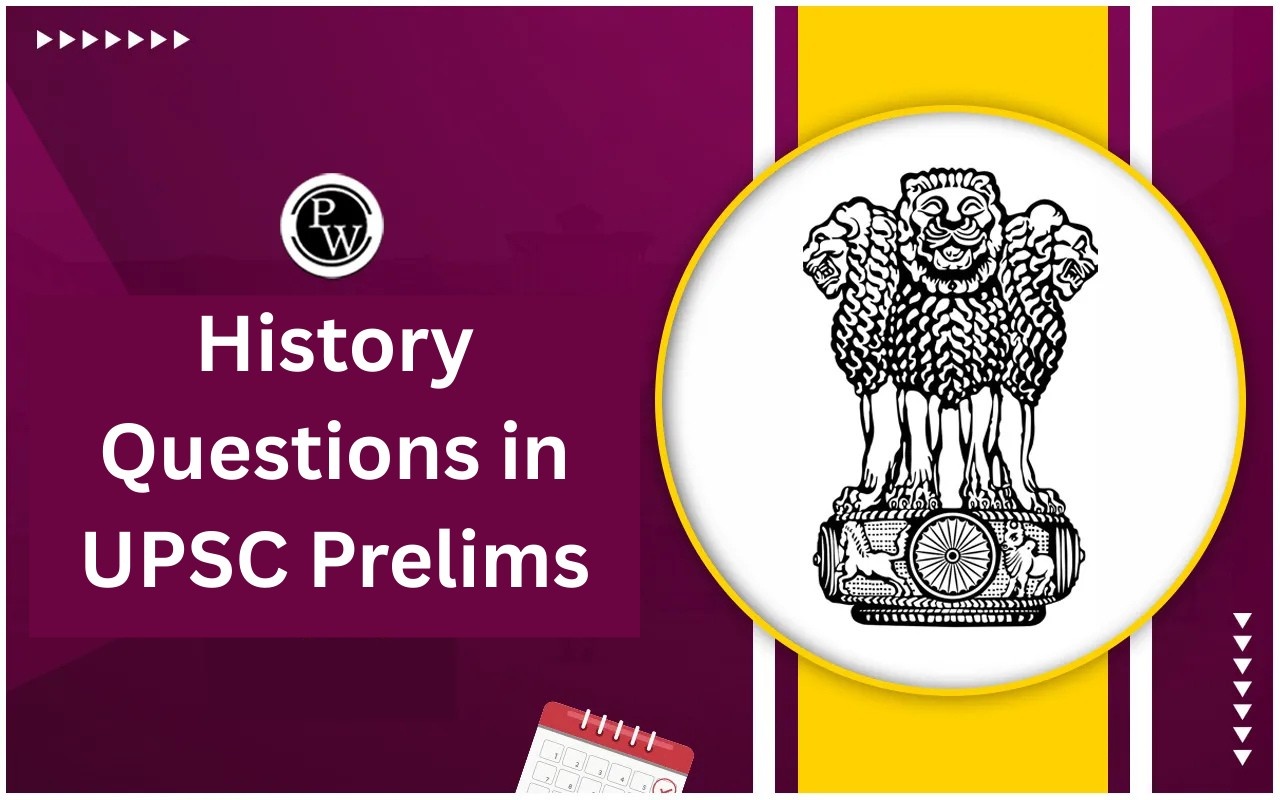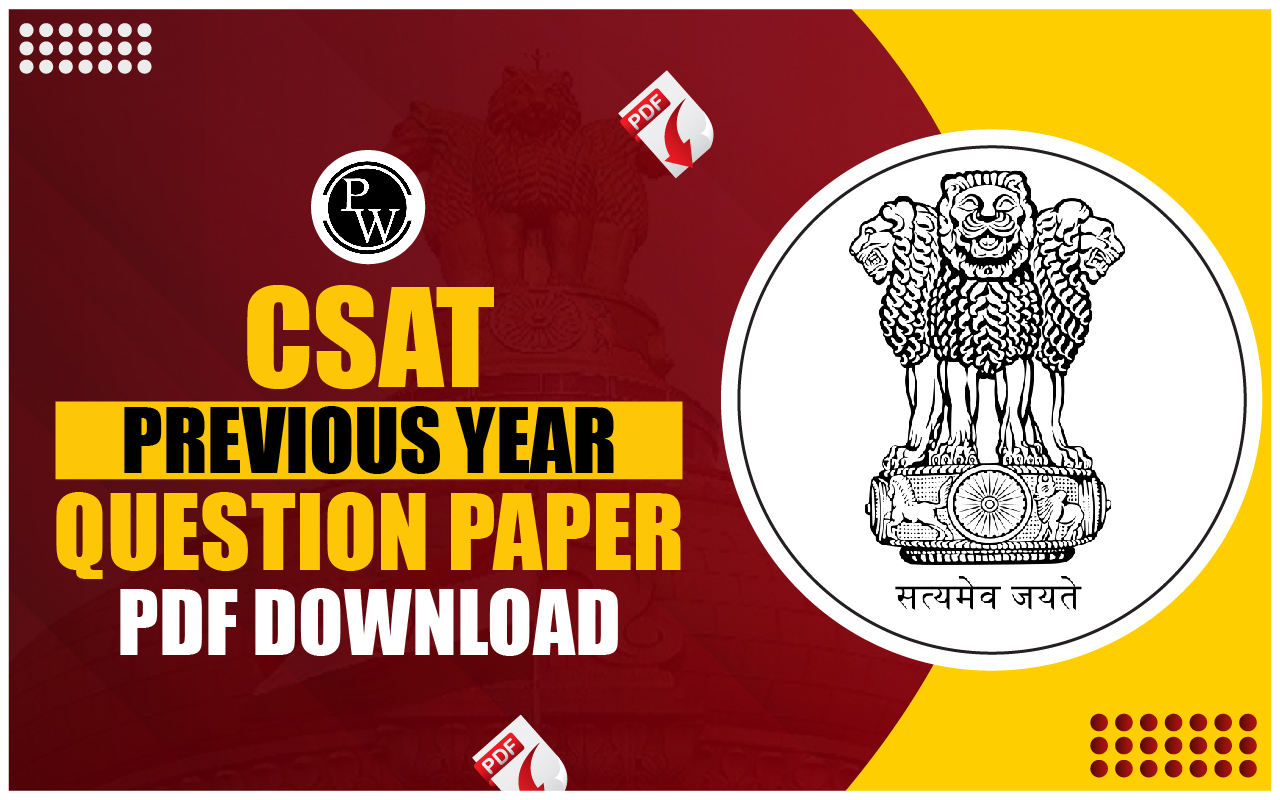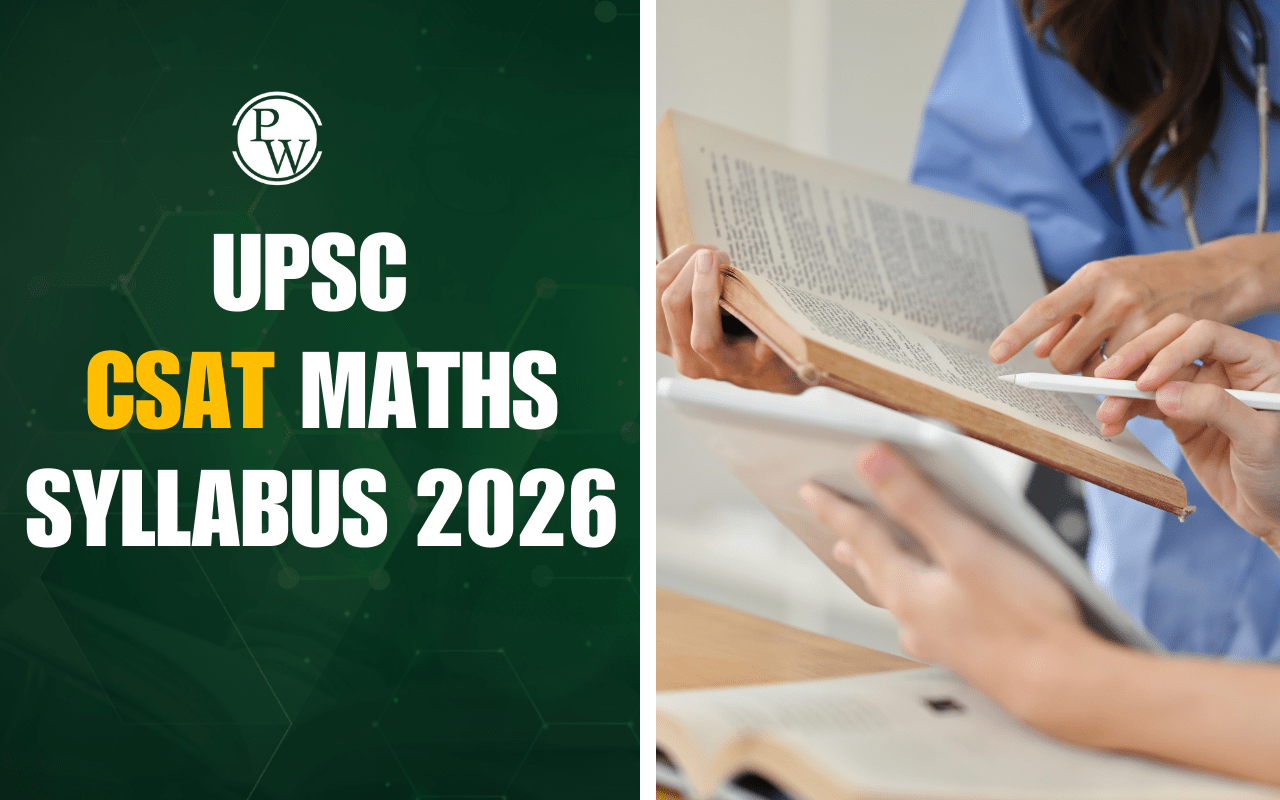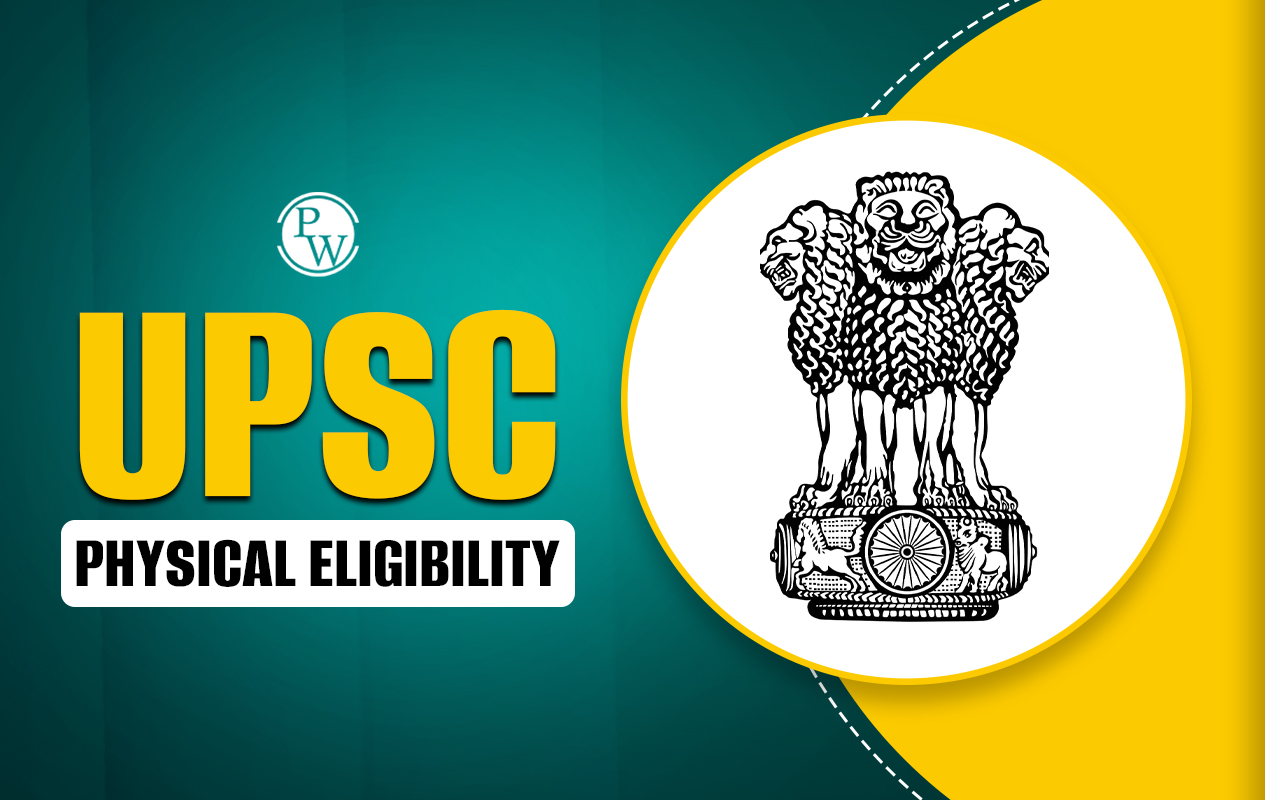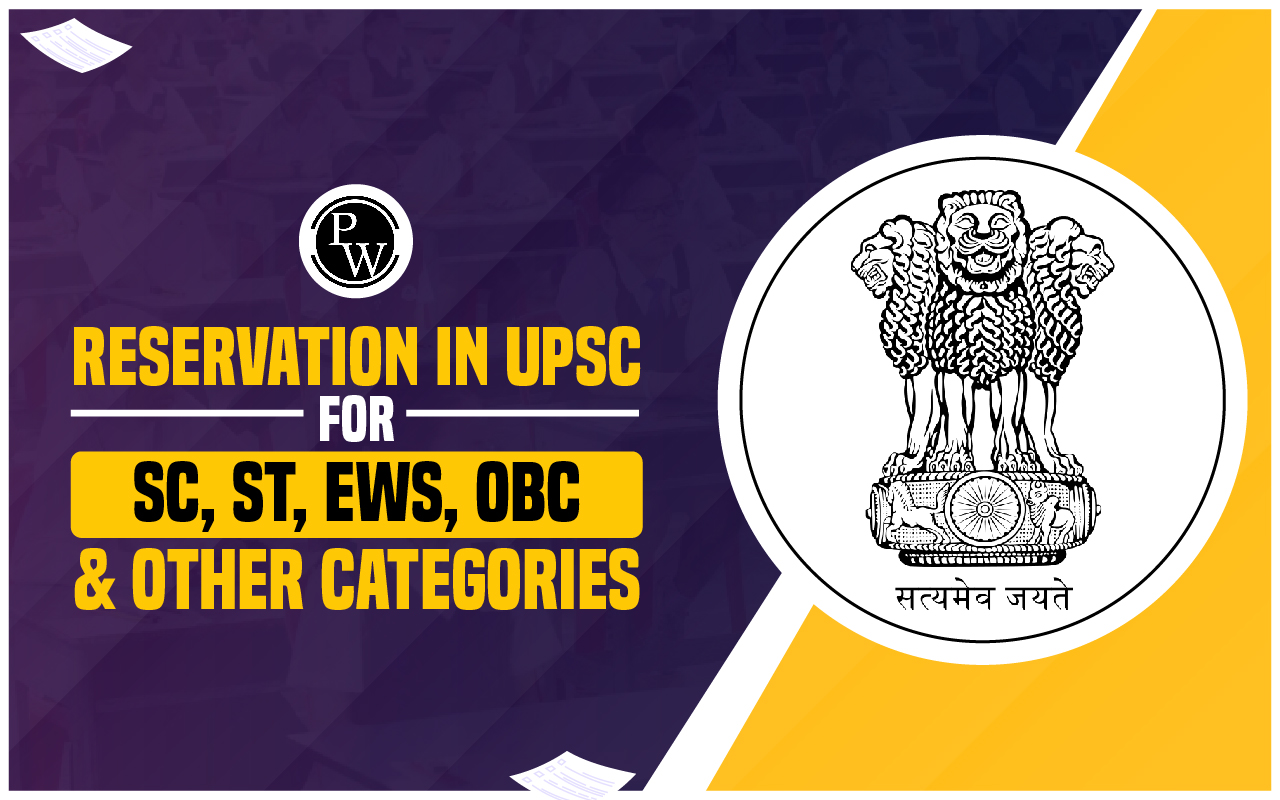
Parliamentary committees have played an important role in supporting Parliament to manage its workload effectively. They carefully review government policies, budgets, and laws, providing recommendations and ensuring accountability, efficiency, and better governance.
For UPSC aspirants, understanding these committees is crucial as questions related to them are featured in the exam. Keep reading to know what Parliamentary committees are, their types, functions, and more!What is a Parliamentary Committee?
A Parliamentary Committee is a group of Members of Parliament (MPs) appointed or elected to perform specific duties delegated by the Parliament. These committees function as mini-legislatures , working to streamline legislative business and maintain accountability. They are an extension of the Parliament itself, empowered to investigate matters, scrutinise policies, and recommend changes to improve governance. Parliamentary Committees bridge the gap between Parliament's overwhelming workload and the detailed scrutiny required for effective governance.Types of Parliamentary Committees
In India, Parliamentary Committees are broadly classified into two categories: Standing Committees and Ad hoc Committees.Standing Committees
Standing Committees are permanent committees that function on a continuous basis. They are either elected or nominated by the Houses of Parliament or the Presiding Officers from time to time. The duties and functions of Standing Committees are clearly defined by statutory provisions or rules. These committees are further divided into: 1. Financial Committees: There are three financial committees each of which has a tenure of 1 year.| Name of the Committee | No. of Members | Members Nominated or Elected |
| Committee on Public Undertakings | 22 (15LS+7RS) | Elected by the two Houses |
| Estimates Committee | 30 | Elected by the Lok Sabha |
| Public Accounts Committee | 22 (15LS+7RS) | Elected by the two Houses |
| No. of Members | Tenure | Member Selection |
| 31(21LS+10RS) | 1 year | Nominated by the Speaker, Lok Sabha and the Chairman, Rajya Sabha |
Ad hoc Committees
Ad hoc Committees are temporary in nature and are appointed as needed for specific purposes, such as examining particular bills or investigating issues of public concern. These committees are formed by the Speaker or the Presiding Officers of both Houses of Parliament, often in consultation with each other.Joint Parliamentary Committees (JPCs)
These are a special category of Ad hoc Committees formed to investigate serious matters involving public interest, fraud, or large-scale corruption. JPCs are constituted based on a consensus between the government and the opposition, and their investigative work concludes once they submit their report to Parliament, for example, JPC on the allocation of telecom licences.List of Parliamentary Committees
According to the Parliamentary Research and Training Institute for Democracies (PRIDE), there are a total of 56 Parliamentary Committees. Here's a list of some of the important Parliamentary Committees in India:- Committee on Public Undertakings (COPU)
- Estimates Committee
- Public Accounts Committee (PAC)
- Departmentally Related Standing Committees (24 Committees)
- Business Advisory Committee
- Committee of Privileges
- Committee on Absence of Members from the Sittings of the House
- Committee on Empowerment of Women
- Committee on Government Assurances
- Committee on Papers Laid on the Table
- Committee on Petitions
- Committee on Private Members' Bills and Resolutions
- Committee on Subordinate Legislation
- General Purposes Committee
- House Committee
- Joint Committee on Offices of Profit
- Joint Committee on Salaries and Allowances of Members of Parliament
- Committee on the Welfare of Scheduled Castes and Scheduled Tribes
- Committee on Ethics
- Committee on Security in Parliament House Complex
Functions of Parliamentary Committees
Parliamentary Committees in India serve essential functions to ensure efficiency in parliamentary proceedings. Here are the functions of some crucial committees:| Functions of Various Parliamentary Committees in India | |
| Committee | Function |
| Estimates Committee | This committee focuses on reviewing the government’s expenditure plans and suggests ways to improve the administration of resources. |
| Public Accounts Committee | This committee examines the government’s financial accounts to make sure that public money is being spent properly and within the law. |
| Committee on Public Undertakings | It scrutinizes the functioning of public sector enterprises, ensuring they are managed according to efficient and ethical business practices. |
| Departmentally Related Standing Committees (DRSCs) | Each of these committees is linked to specific ministries or departments and considers issues like Demands for Grants, Bills, Annual Reports, etc. Their focus is on long-term policy direction rather than day-to-day administration. |
| Committee on Subordinate Legislation | This committee ensures that the laws made by the executive (such as regulations or rules) are within the scope of the authority granted by Parliament. |
| Business Advisory Committee | This committee advises the Parliament on how to schedule its business, ensuring that enough time is allocated for different discussions and legislative matters. |
| General Purposes Committee | It advises the Speaker on matters related to the functioning of the House and any other issues that require attention. |
| Committee of Privileges | It addresses issues related to breaches of parliamentary privilege, investigating if a member’s rights or any other parliamentary procedures have been violated. |
| Committee on Empowerment of Women | This committee works on issues related to the welfare and empowerment of women, reviewing policies, programs, and the status of women in government services and public life. |
| Committee on Government Assurance | It monitors the implementation of promises made by the government during debates and discussions in Parliament, ensuring that these assurances are carried out in a timely manner. |
Role of Parliamentary Committees in India
Parliamentary Committees play a crucial role in modern legislative processes by handling a variety of tasks that the full House cannot address due to time constraints. These committees:- Bridge Expertise Gaps: Committees bring together members with specialized knowledge and experience, allowing them to examine complex issues in detail.
- Reduce Parliament’s Burden: With numerous bills, policies, and issues to discuss, committees lighten the load of Parliament by handling specific tasks.
- Promote Consensus: Committees provide a platform for members of different political parties to discuss issues in a collaborative setting.
- Examine in Detail: Committees scrutinize bills, policies, and government actions ensuring that the proposed laws and policies are well-checked before they reach the full House.
- Monitor Government Actions: Parliamentary Committees also monitor the implementation of laws and government policies, holding the government accountable for its actions.
Importance of Parliamentary Committees
Parliamentary ensures that the legislative process is efficient, well-informed, and responsive to the needs of the people. These committees are important to:- Enhance Accountability: Committees hold the executive accountable, ensuring transparency and that the government is answerable to Parliament. For example, the Joint Parliamentary Committee on the 2G spectrum case.
- Time Efficiency: By delegating detailed work to committees, Parliament saves time for more crucial debates and discussions.
- Better Legislation : Committees can examine issues in detail, ensuring that laws are thoroughly examined, resulting in more practical and effective legislation.
- Improved Governance: Committees act as a check on the government, ensuring that it follows through on its promises and policies.
- Public Involvement and Transparency: Many committees also engage with the public and experts to gather diverse viewpoints. For example, the Committee on Education held consultations with teachers' associations and education experts before recommending changes to national education policies.
UPSC PYQs on Parliamentary CommitteesUPSC Mains 2023: Explain the structure of the Parliamentary Committee system. How far have the financial committees helped in the institutionalisation of Indian Parliament? (250 words, 15 marks) UPSC Mains 2021: Do Department -related Parliamentary Standing Committees keep the administration on its toes and inspire reverence for parliamentary control? Evaluate the working of such committees with suitable examples. (250 words, 15 Marks) UPSC Prelims 2018: With reference to the Parliament of India, which of the following Parliamentary Committees scrutinizes and reports to the House whether the powers to make regulations, rules, sub-rules, by-laws, etc., conferred by the Constitution or delegated by the Parliament are being properly exercised by the Executive within the scope of such delegation? (a) Committee on Government Assurances (b) Committee on Subordinate Legislation (c) Rules Committee (d) Business Advisory Committee |
| UPSC Related Articles | ||
| Gandhi Jayanti 2024 | International Solar Alliance | Demographic Dividend |
| Kumbh Mela 2025 | List of Statutory Bodies | Indus Waters Treaty |
Parliamentary Committees FAQs
What are Parliamentary Committees?
They are groups of MPs that assist Parliament by scrutinising bills, policies, and government actions.
How many types of Parliamentary Committees exist?
There are two main types: Standing Committees (permanent) and Ad hoc Committees (temporary).
What is the role of the Public Accounts Committee?
It examines government expenditures to ensure they align with the Parliament's decisions.
How are members of Parliamentary Committees chosen?
Members are either elected by Parliament or nominated by the Speaker/Chairman.
Which is the largest parliamentary committee?
The Committee on Estimates is the largest parliamentary committee with 30 members.
Talk to a counsellorHave doubts? Our support team will be happy to assist you!

Check out these Related Articles
Free Learning Resources
PW Books
Notes (Class 10-12)
PW Study Materials
Notes (Class 6-9)
Ncert Solutions
Govt Exams
Class 6th to 12th Online Courses
Govt Job Exams Courses
UPSC Coaching
Defence Exam Coaching
Gate Exam Coaching
Other Exams
Know about Physics Wallah
Physics Wallah is an Indian edtech platform that provides accessible & comprehensive learning experiences to students from Class 6th to postgraduate level. We also provide extensive NCERT solutions, sample paper, NEET, JEE Mains, BITSAT previous year papers & more such resources to students. Physics Wallah also caters to over 3.5 million registered students and over 78 lakh+ Youtube subscribers with 4.8 rating on its app.
We Stand Out because
We provide students with intensive courses with India’s qualified & experienced faculties & mentors. PW strives to make the learning experience comprehensive and accessible for students of all sections of society. We believe in empowering every single student who couldn't dream of a good career in engineering and medical field earlier.
Our Key Focus Areas
Physics Wallah's main focus is to make the learning experience as economical as possible for all students. With our affordable courses like Lakshya, Udaan and Arjuna and many others, we have been able to provide a platform for lakhs of aspirants. From providing Chemistry, Maths, Physics formula to giving e-books of eminent authors like RD Sharma, RS Aggarwal and Lakhmir Singh, PW focuses on every single student's need for preparation.
What Makes Us Different
Physics Wallah strives to develop a comprehensive pedagogical structure for students, where they get a state-of-the-art learning experience with study material and resources. Apart from catering students preparing for JEE Mains and NEET, PW also provides study material for each state board like Uttar Pradesh, Bihar, and others
Copyright © 2026 Physicswallah Limited All rights reserved.



